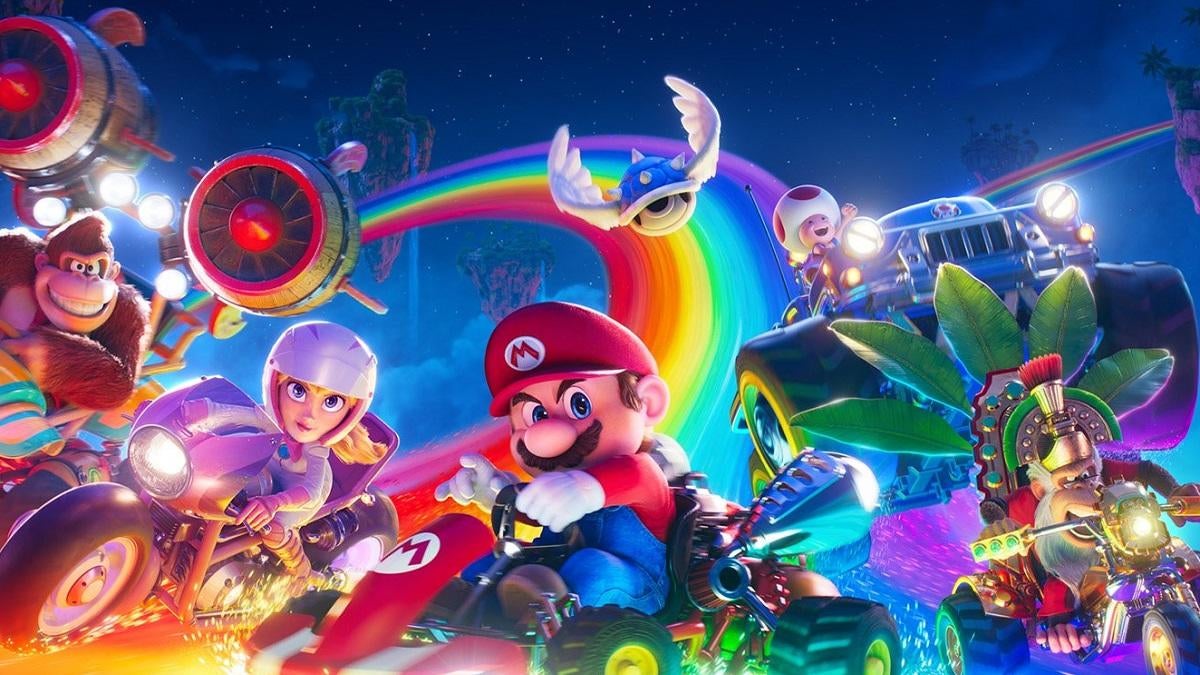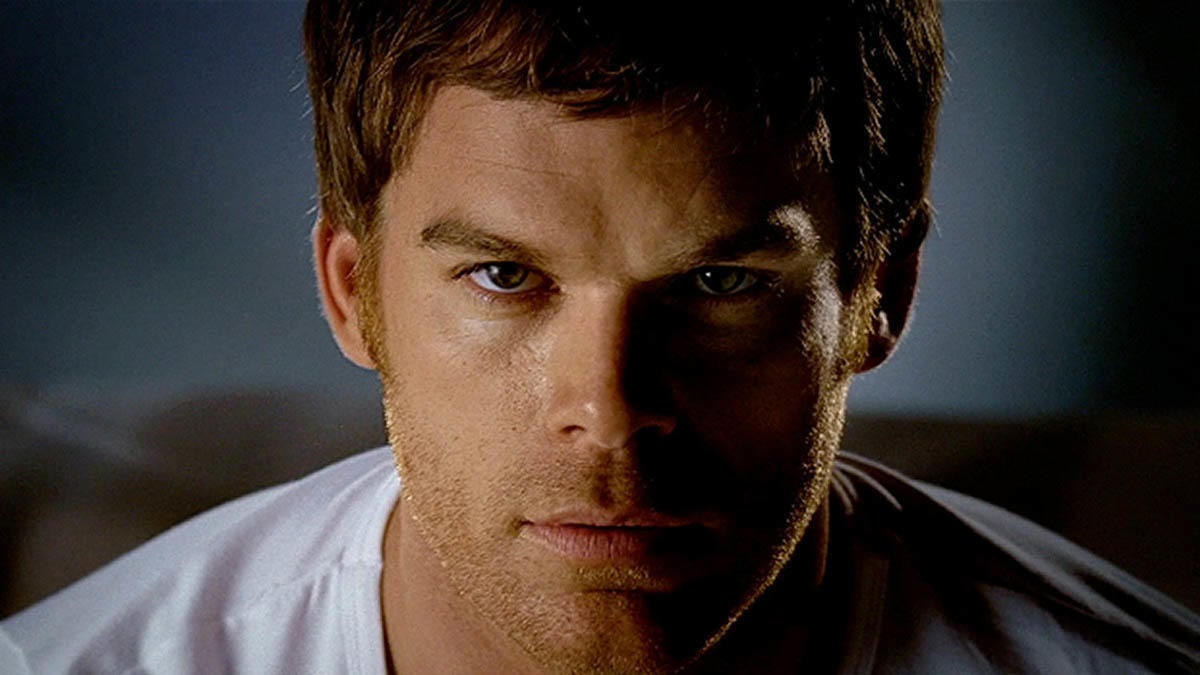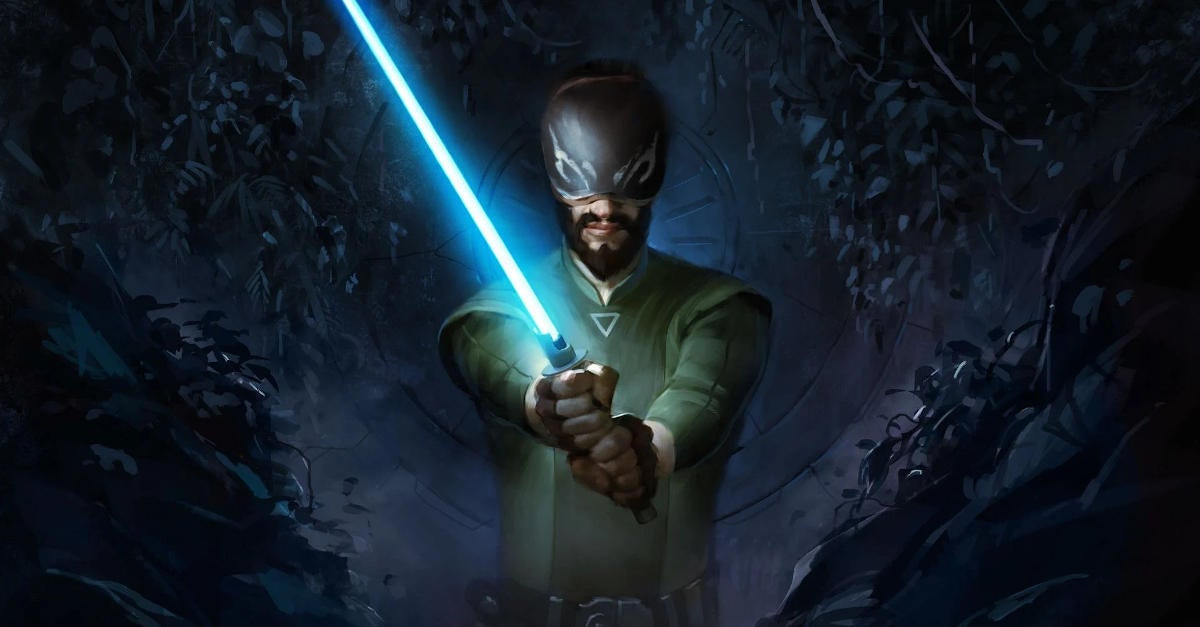Is It Wrong to Eat 'Dungeons & Dragons' Monsters?
Dungeons & Dragons can be used as a way to face inner demons, build interpersonal problem-solving [...]
Dungeons & Dragons can be used as a way to face inner demons, build interpersonal problem-solving skills, or even examine complex moral quandaries in a low-pressure environment. While many players use Dungeons & Dragons for their own personal growth or development, my home game has become the battlefield for a different type of debate: the morality of eating monsters in a fantasy world.
Our party of motley adventurers is divided into two sides over this debate: the monk and the sorcerer (who happen to be excellent meat cookers in real life) want their characters to feast on the many exotic meals not available in the real world, while the lawful good ranger is morally opposed to eating intelligent creatures...even those who clearly aren't human.
The debate came to a head when the group was traveling through a swamp and were attacked by a group of boggards (the Pathfinder equivalent to D&D's bullywugs), a group of humanoid frog-people. After a surprisingly tense battle, the monk and sorcerer prepared to start carving up the dead boggards to feast on their delectable over-sized frog legs, but the ranger warned them off of it at arrowpoint.
A near PvP fight didn't smooth things over, nor did the introduction of a boggard NPC named Sir Hopslam who accompanied the group on an adventure after he mistook the monk's comment that he "looked delicious" as a proposition of some kind. However, that did get me to wondering whether it's considered an evil act to butcher and eat monsters in D&D and similar tabletop games.

There's several layers to the "monster eating" debate, some of which are complicated by it taking place in a fantasy setting. While there's the general argument over the morality or ethicality of eating any sort of meat, some players (like my home group's ranger) consider the intelligence of a creature too.
The most common argument I've seen is that eating intelligent monsters in D&D is no different than eating a dolphin or monkey in the real world. But while many people would argue that eating dolphin or monkeys is wrong, there are plenty of cultures that consume both animals, as they were abundant or available sources of food. So - if a human culture in a fantasy setting needs to eat intelligent frog-people to survive, is it really different than real-world cultures adapting to the food sources available?
However, most D&D settings don't have a shortage of non-exotic food, which removes the cultural argument from the table. If you wanted to eat a dragon in the Forgotten Realms, it's because you want to eat a dragon and not because it's necessary for survival. This turns monster eating into a byproduct of hunting for sport, something that many object to in the real world. But - in a D&D setting, there are plenty of adventure hooks with little thoughts to the morality or ethics of it all. If you present a party with a dungeon filled with monsters, there's a very good chance that they're going to go in there and slaughter everything...even if those monsters don't present an immediate threat to innocents. If your party is apt to kill any monster that moves because they have the option, how is that any different than going fishing or hunting for sport? And in that case...why not eat the spoils of your hard work?
There's a couple of great manga series that explore this topic of eating fantasy monsters. Delicious in Dungeon by Ryōko Kui is about a group of adventurers who decide to subsist off the food they find in a dungeon, so they can resurrect their fallen companion within a 30-day time limit. The group's decision in Delicious in Dungeon is a mostly practical one - by eating the monsters they kill, they can save time and money as they explore deeper areas of the dungeon. However, two of the characters (the lead warrior Laios and the dwarf Senshi) seem to be downright excited to try new meals.
Drifting Dragons by Taku Kuwabara also explores a culture in which dragons are a delicacy. While the dragons in Drifting Dragons aren't like the ones typically seen in D&D or other fantasy settings, they definitely display a level of intelligence and power. This book shows dragon hunting as a form of aerial whale hunting. Drakers use harpoons to wound a dragon and then eventually climb aboard its back for a killing blow. And while the drakers in Drifting Dragons enjoy what they do, the actual dragon hunt is more for practical survival (a dragon produces both meat and other valuable consumable items) than for sport.

Hoping to get a definitive answer on this issue, I reached out to James Jacobs, the creative director of Pathfinder and one of the main architects of the world my home group is currently playing in. I asked Jacobs whether he considers eating a monster to be an "evil act". His response: "In my opinion, it's not evil if you do it to survive and treat the food source with respect, don't enjoy the act of killing it, or get the consent/permission of the target to eat it. Otherwise, it probably is evil, because on some level that means you enjoy inflicting pain and misery and psychological harm. BEST case scenario, it's ignorance. And ignorance won't last long as an excuse." Of course, Jacobs also admitted that his opinion wouldn't stop debates, even though he's been involved with tabletop games since the late 1980s.
By Jacobs' logic, my home group probably aren't evil for wanting to taste humanoid frog-flesh. While they're not eating it to survive or getting their consent, the group probably wouldn't go out of its way to kill a creature just to eat it. If a creature attacks them and they fight it in self-defense, then they shouldn't feel too bad for eating it if its edible and is a better source of nutrients than their field rations. So - unless the group doesn't kill Sir Hopslam for an extra-sized helping of buttermilk frog legs, my group can probably rest knowing that their alignment hasn't suddenly shifted just because they want to know what dragon steak tastes like.




